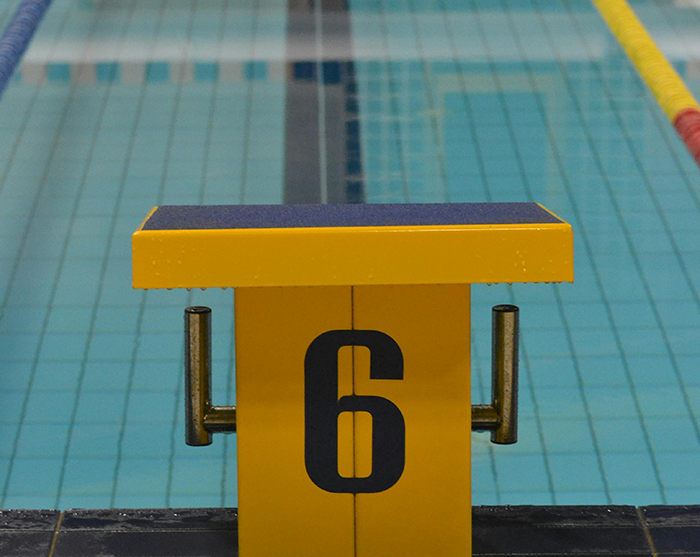No matter the amount of knowledge you acquire, you cannot achieve expertise without applying these knowledge and testing these knowledge and seeing the results for yourself. If you watch all the YouTube videos about swimming, you learn about all the different strokes and types of swimming, different temperatures, different types of pools, natural waters, etc. If you do not step into that water and take a plunge, and put into practice all that knowledge, you can never become an expert in swimming
~ Uwem Umana

In the pursuit of expertise in any field, the acquisition of knowledge is undeniably important. However, true mastery goes beyond theoretical understanding; it requires the application of this knowledge in real-world scenarios. This article delves into the essential transition from learning to doing, emphasizing that expertise is a product of applied knowledge and experiential learning. It highlights the importance of stepping beyond the comfort zone of theory into the practical world where skills are tested and refined.
The Limitations of Theoretical Knowledge
Theoretical knowledge provides a foundation – it’s the groundwork upon which skills are built. It offers the principles, techniques, and understanding necessary to begin a journey in any discipline. However, this knowledge alone is akin to having a map without embarking on the journey. It prepares you for the path but doesn’t move you along it.
The Leap from Learning to Doing
The transition from acquiring knowledge to applying it is where true learning happens. It’s the difference between knowing the mechanics of swimming and actually stepping into the water to swim. This leap requires courage and a willingness to move from the realm of comfort and theory into the often challenging world of practice and application.
Experiential Learning: The Path to Expertise
Experiential learning is the process of learning through experience, and it is more specifically defined as “learning through reflection on doing.” When you apply knowledge, you not only test your understanding but also learn from the outcomes – whether they are successes or failures. This hands-on experience is invaluable; it teaches lessons that no amount of theoretical learning can impart.
Testing Knowledge in Real-World Scenarios
Applying knowledge in real-world scenarios is crucial for gaining expertise. It involves testing theories, experimenting with techniques, and learning from the results. For instance, in swimming, each stroke learned from a video or book must be practiced in the water. The swimmer must feel the resistance of the water, understand the coordination of breath and movement, and experience the rhythm of each stroke.
Overcoming the Fear of Failure
One of the barriers to moving from knowledge to application is the fear of failure. However, it’s important to recognize that failure is a part of the learning process. Each mistake is an opportunity to refine and adjust, leading to a deeper understanding and improved skill.
The Continuous Cycle of Learning and Applying
Achieving expertise is not a one-time event but a continuous cycle of learning, applying, reflecting, and improving. It requires persistence, adaptability, and a commitment to continuous growth. As skills are honed through practice, knowledge deepens, leading to a higher level of expertise.
Conclusion
In conclusion, while acquiring knowledge is a critical step in the journey to expertise, it is the application of this knowledge that truly leads to mastery. Stepping into the water, so to speak, and testing what you have learned is essential. It’s through this process of application and experiential learning that theoretical knowledge is transformed into practical expertise. Remember, expertise is not just about what you know; it’s about what you do with what you know.
Check out more on social media




